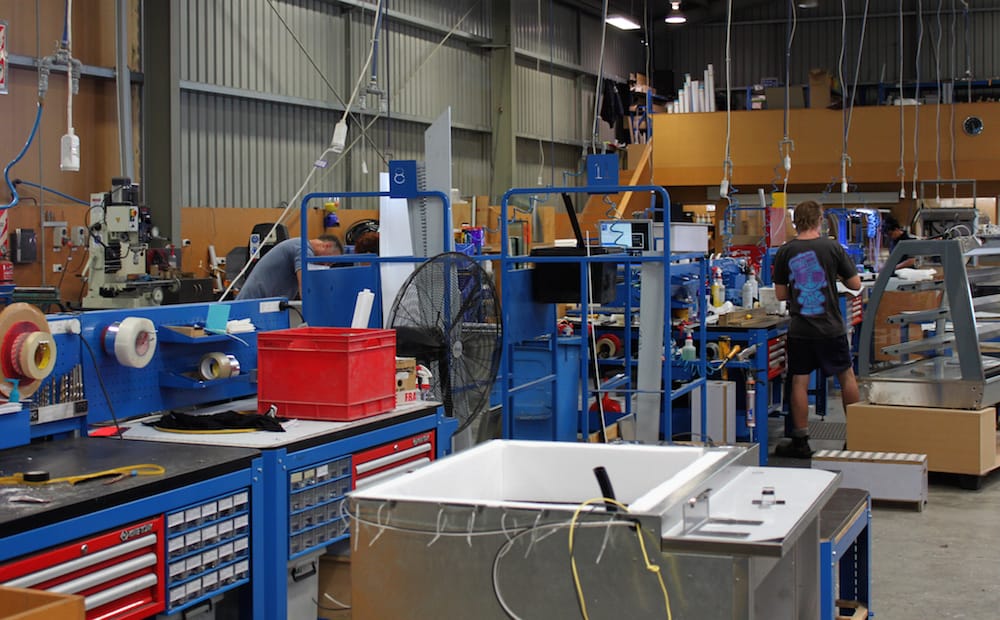Delivering on-the-job training that works for your business
We know what you might be facing as an employer — tight production schedules, rising costs, and on top of this, the challenge of keeping good people. You need your team upskilled, but you also need to keep things moving. That’s where we can come in to help.
We will work with you as your industry training partner, supporting you to build a skilled workforce through hands-on, work-based learning. We’ll build a training plan that meets the needs of your business and support your team every step of the way with flexible, on-the-job learning. The result? Confident, capable workers who stay longer, make fewer mistakes, and help lift productivity.
How do we build your team’s skills without slowing down your business?
Upskilling happens while the work gets done
Competenz provides on-the-job training. That means less downtime, more hands-on learning, and immediate application of new skills where they matter most: on the floor.
Our dedicated account managers and assessors guide progress and keep everything on track. It’s training that fits around your business.
Training delivers real results
From boosting productivity to building loyal teams, employers across the country are seeing the impact of on-the-job training. Hear from businesses like yours by clicking the links below.




